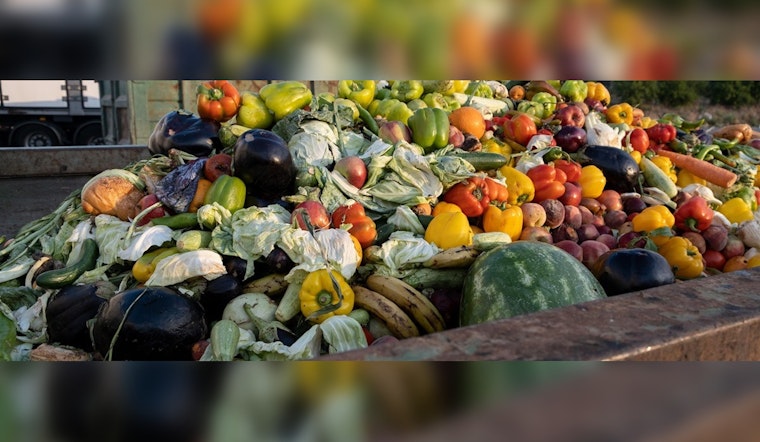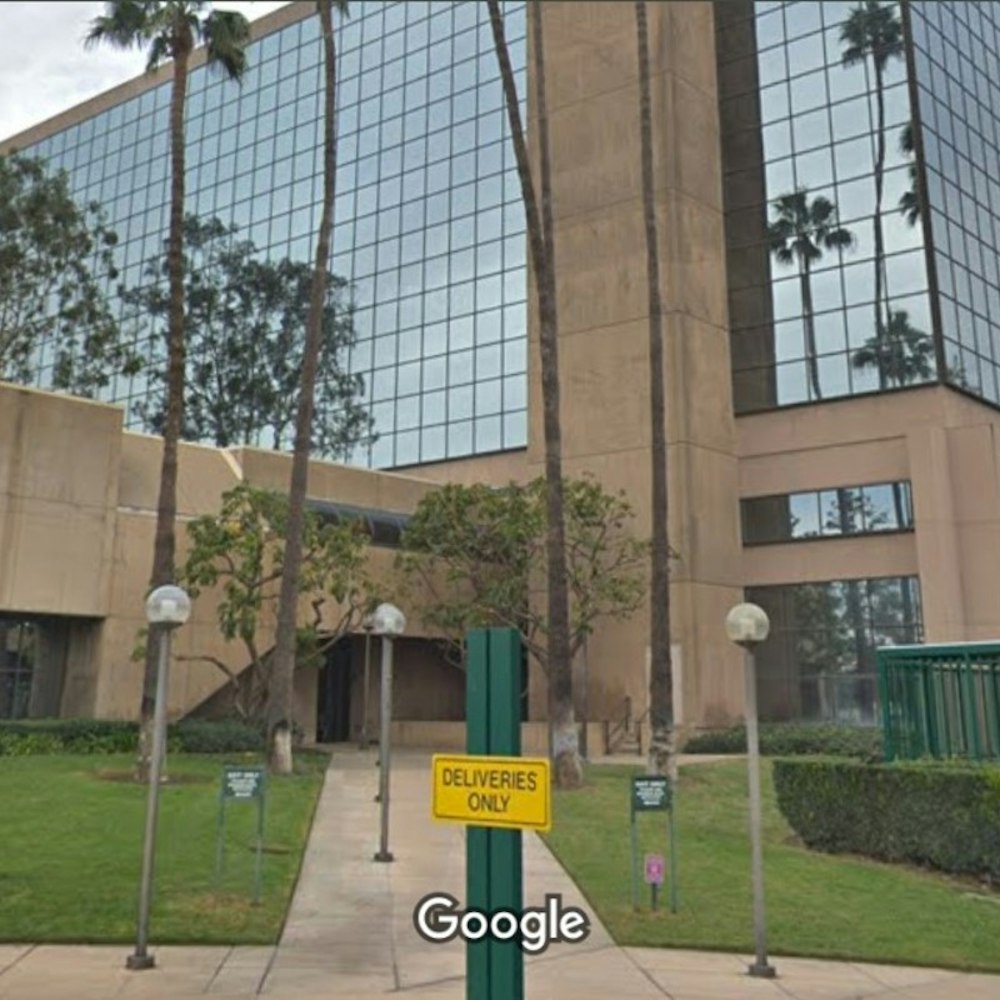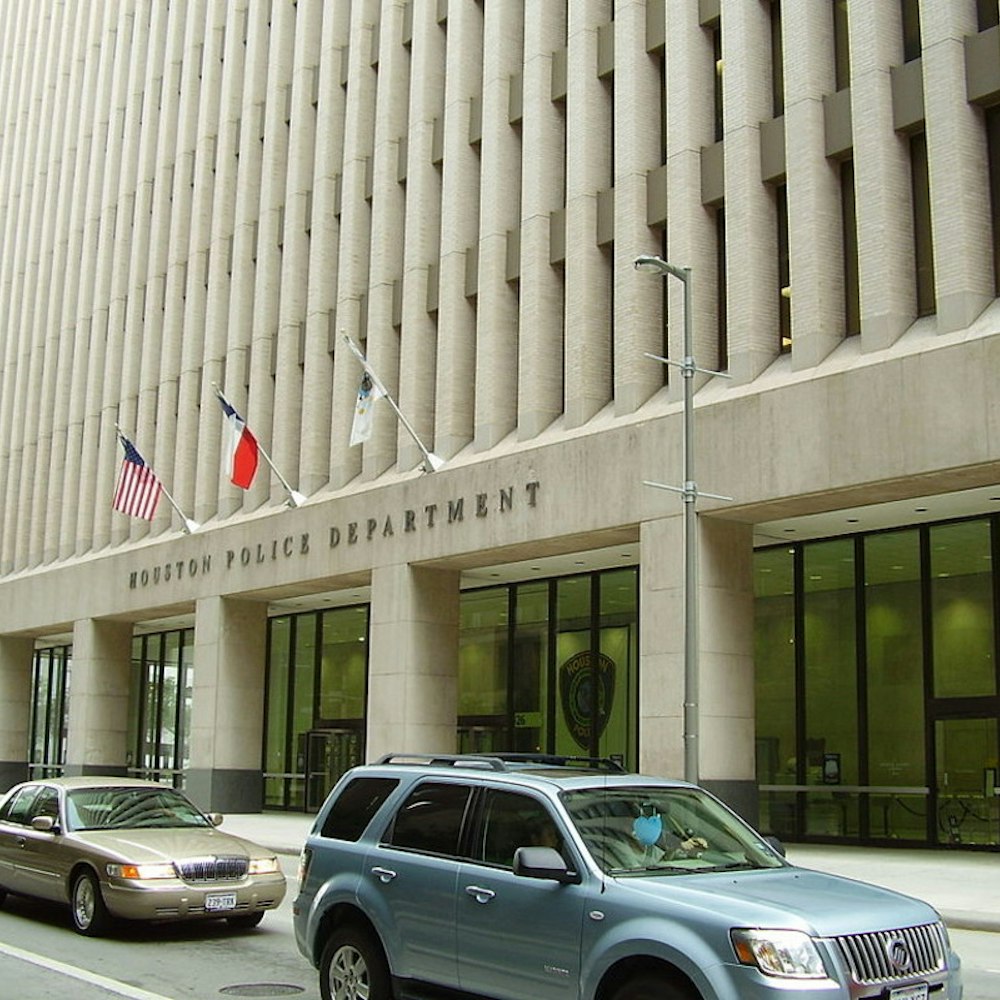
Minneapolis is stepping up its game against food waste, marking April 1-7 as Food Waste Prevention Week, in a bid to chop the massive amount of grub going to waste each year - a staggering 128,000 tons in the city alone. A spokesperson for the Minneapolis Health Department, Alison Babb, is calling on everyone to become "food waste heroes," with the week designed to stir the pot on awareness and lay out actionable steps for residents, according to Minneapolis, City of Lakes.
The statistics are hard to swallow: the average family of four in Minneapolis tosses out over $2,500 worth of food annually, and with restaurants adding a further 35,000 tons to the city's food waste footprint, it's clear there's a lot on our plates when it comes to solving this issue. "The amount of food we waste is like buying 5 bags of food at the grocery store and leaving 2 behind," the Health Department pointed out, underscoring the severity of the problem, while stressing the environmental impact, noting that the collective food waste in the U.S. punches out more greenhouse gases than the combined vehicles in four major states, as per the Minneapolis, City of Lakes.
The city isn't just preaching on a soapbox, they're putting their money where its mouth is with the Minneapolis Climate Equity Plan, which has set a target to recycle and compost 80% of the city's food waste by 2030. Moreover, a step has been taken through collaboration with the Natural Resources Defense Council, Inc., to launch an initiative to cut down and redirect food waste, a move that complements the existing Minneapolis Food Vision's strategies.
For the city's eateries, the Health Department isn't just dishing out advice; it's serving up a full menu of educational videos on its newly minted Prevent Wasted Food webpage, offering real spoon-fed solutions from getting started to composting, it's a resource made to measure for the industry that accounts for a major slice of the waste pie. Donating surplus to food shelves not only helps those among the 18% of Minneapolis residents who struggle with food access; businesses also stand to benefit from the tax breaks - talk about having your cake and eating it too or in this case, making sure no cake goes to waste, as reported by the Minneapolis, City of Lakes.









